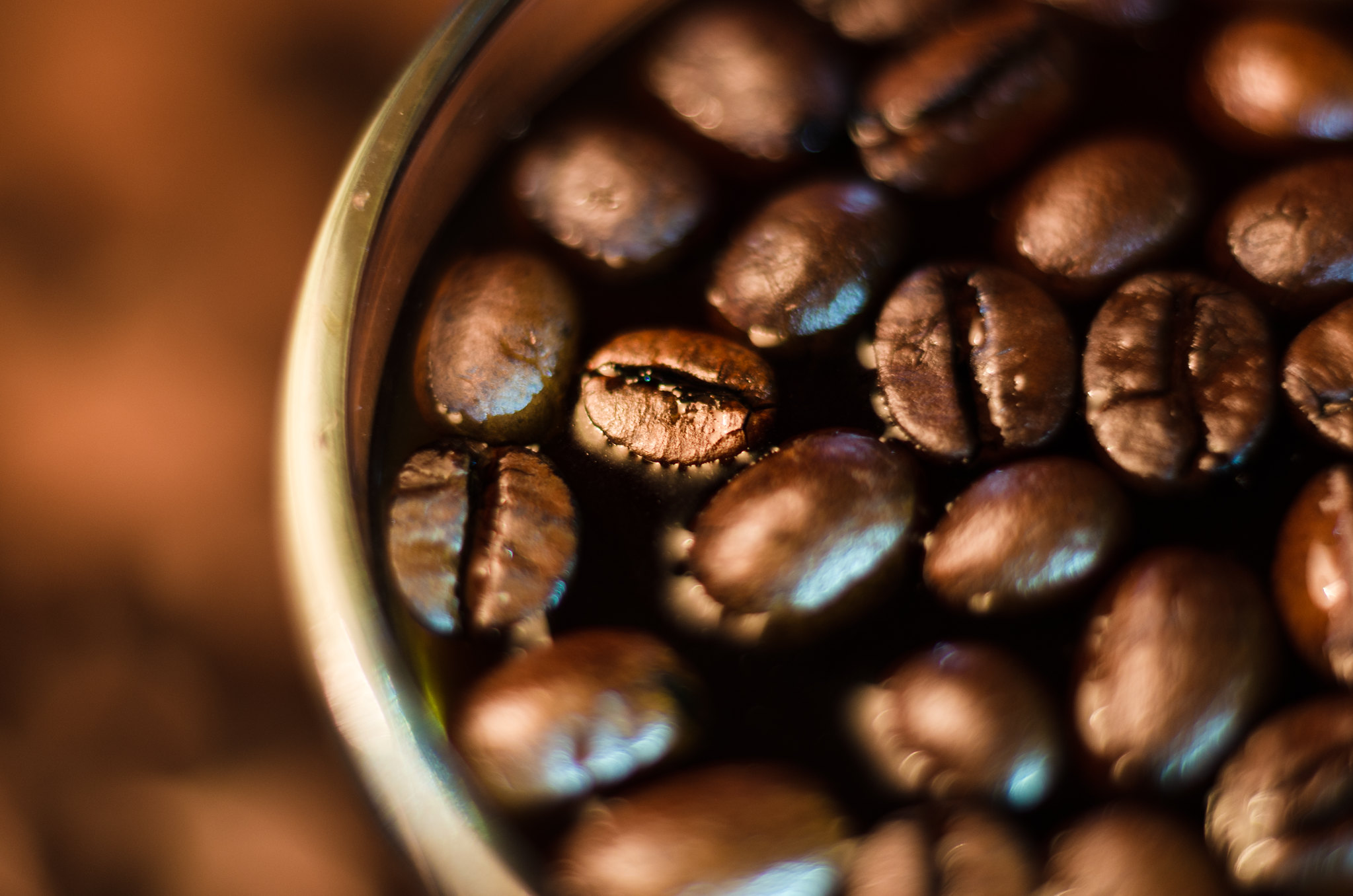
"Sharif traces coffee's journey from Abyssinia to Yemen, where Sufi mystics used it to stay awake for night-time dhikr (remembrance of God), before it reached Mecca around the year 1500 (AH 905). Its rapid popularity with pilgrims and townspeople provoked suspicion from conservative jurists. The very word qahwa - traditionally a poetic synonym for wine - cast a shadow over the new beverage."
"According to Sharif, tensions came to a head in 1509 when Meccan scholars convened at the Mujāhidiyya hall near Bāb al-ʿUmra to debate coffee's legality. The chief Shāfiʿī judge Shaykh Nūr al-Dīn ʿAlī ibn Nāṣir issued a fatwa permitting coffee, praising its ability to sharpen alertness for worship. Opponents countered that it altered the mind; two witnesses even swore it was intoxicating. The Mamluk governor responded by ordering the arrest of coffee-sellers and the burning of their coffee husks."
Coffee traveled from Abyssinia to Yemen, where Sufi mystics used it to remain awake for night-time dhikr, and then arrived in Mecca around 1500 (AH 905). Its rapid popularity among pilgrims and townspeople provoked suspicion from conservative jurists because qahwa had poetic associations with wine. Meccan scholars debated coffee's legality in 1509; the chief Shāfiʿī judge issued a permissive fatwa citing its utility for worship, while opponents claimed it altered the mind and was intoxicating. Authorities ordered arrests and burned coffee husks. In June 1511 officials imposed sweeping bans, citing coffeehouses' tavern-like gatherings; the dispute reached the Mamluk sultanate.
Read at Medievalists.net
Unable to calculate read time
Collection
[
|
...
]